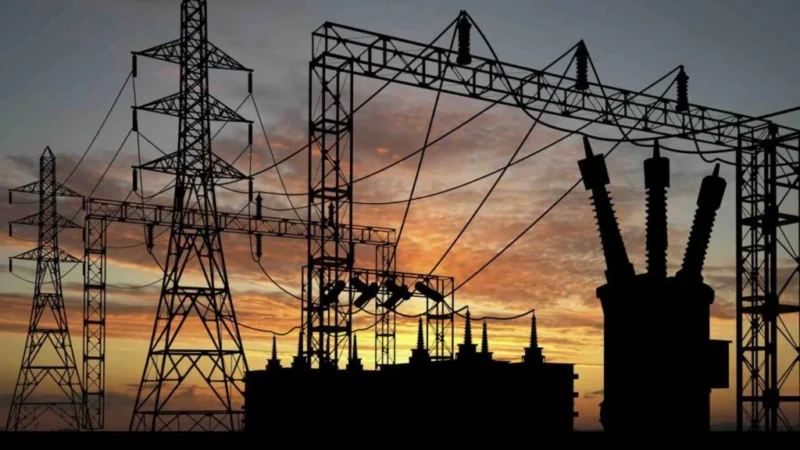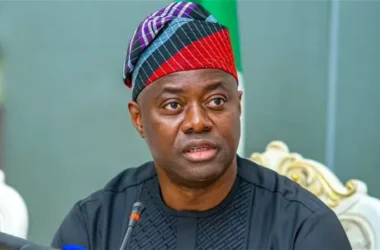Nigeria’s power sector faced significant challenges despite promises of reform and increased generation following its privatization in 2023.
The year highlighted persistent issues, including grid collapses, financial instability, vandalism, and tariff increases, all of which hampered the delivery of consistent electricity to the nation.
To address rising costs fueled by inflation and naira devaluation, the government implemented a steep increase in electricity tariffs for Band A customers, who enjoy at least 20 hours of daily power. The rate surged by over 200%, jumping from N68/KWh to N225/KWh.
While the government justified the hike as necessary to curb ballooning subsidies—estimated at over N2 trillion—many consumers and organizations, including the Manufacturers Association of Nigeria (MAN), protested the move.
MAN even filed a lawsuit against electricity distribution companies and the Nigerian Electricity Regulatory Commission (NERC).
Eight months later, projections indicate further tariff increases may extend to other customer bands, intensifying financial strain on both consumers and utility companies.
After celebrating over a year without disruptions in 2023, the national power grid experienced repeated collapses in 2024, with nine out of twelve failures occurring in the second half of the year.
These collapses underscored deep structural weaknesses and prompted calls for decentralizing the grid. Some state governments pushed for off-grid solutions to protect their territories from the frequent outages.
However, energy experts warned that fragmenting the grid would only increase electricity costs for consumers.
The severity of the situation was exemplified when the grid collapsed three times in one week, casting doubt on the government’s ability to stabilize the Nigerian Electricity Supply Industry (NESI).
Vandalism of power infrastructure remained a critical issue. In 2024 alone, over 128 transmission towers were destroyed, costing the Transmission Company of Nigeria (TCN) N8 billion in repairs.
Notable incidents included the October attack on the Shiroro-Mando transmission line by terrorists, which disrupted electricity supply to 17 northern states.
Efforts to compensate with alternative transmission lines were short-lived, as vandals struck again, leaving millions in darkness for over a week.
Bayelsa State faced a similar ordeal when the Ahoada-Yenagoa transmission line was repeatedly vandalized, plunging the state into a four-month blackout.
The destruction of 32 towers in this incident highlighted the vulnerability of the country’s power infrastructure.
The cost of electricity meters soared after NERC deregulated their pricing under the Meter Assets Provider (MAP) scheme. Prices rose from N81,000 in 2023 to at least N130,000 in 2024, leaving many consumers unable to afford new meters.
Meanwhile, the government launched the Presidential Metering Initiative to address the growing metering gap, promising 1.8 million new meters by mid-2025.
However, delays and logistical hurdles left many households reliant on estimated billing, a practice often criticized for overcharging customers.
Despite higher tariffs, electricity distribution companies (DisCos) struggled to meet financial obligations.
The liquidity crisis hindered payments to power generation companies, which in turn faced difficulties compensating gas suppliers. This chain reaction led to lower generation levels, dashing the government’s target of achieving 6,000MW by December 2024.
Debt accumulation became a recurring problem, with tertiary institutions among the hardest hit.
Universities such as UNILAG, ABU Zaria, and the University of Ibadan faced disconnections over unpaid bills ranging from N126 million to N1 billion.
These disconnections disrupted academic and healthcare activities, underscoring the economic toll of the ongoing power sector crisis.
The year 2024 laid bare the structural and financial weaknesses of Nigeria’s power sector. Despite policy changes and reforms, challenges like vandalism, grid instability, tariff disputes, and financial mismanagement continue to undermine progress.
Without comprehensive solutions, the goal of achieving a stable and reliable electricity supply remains elusive for millions of Nigerians.










